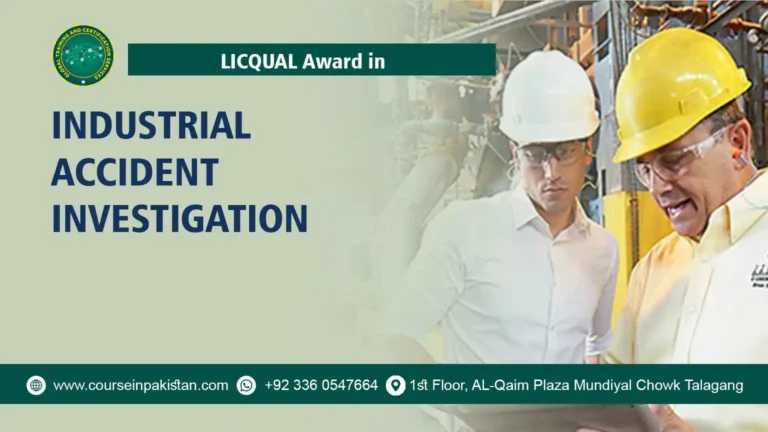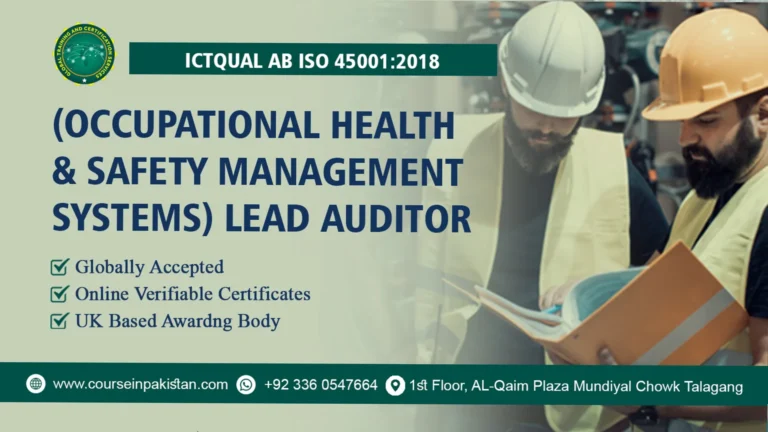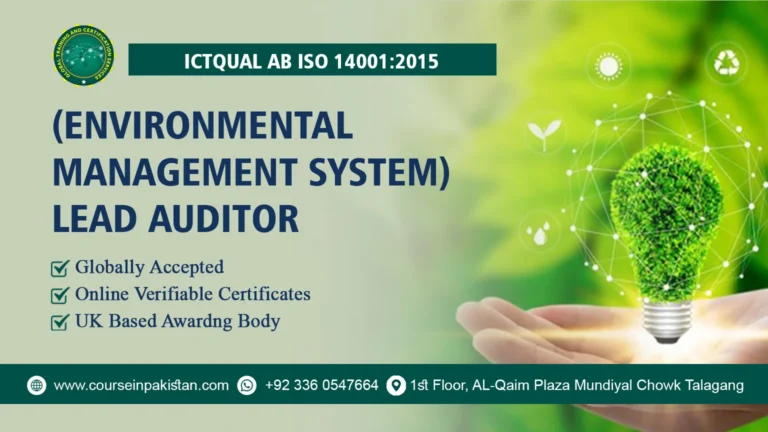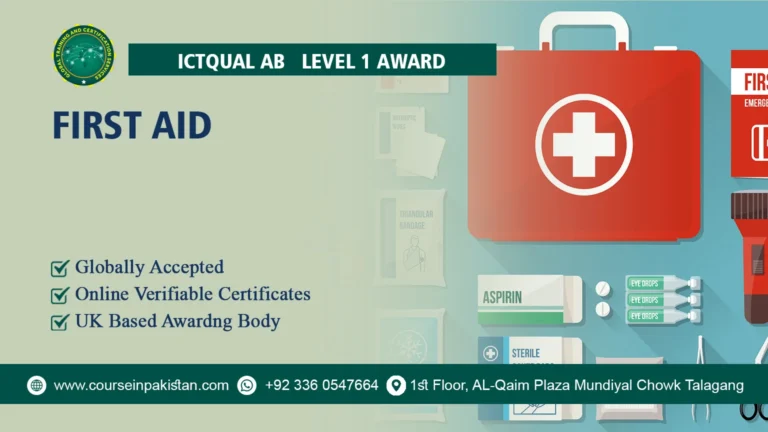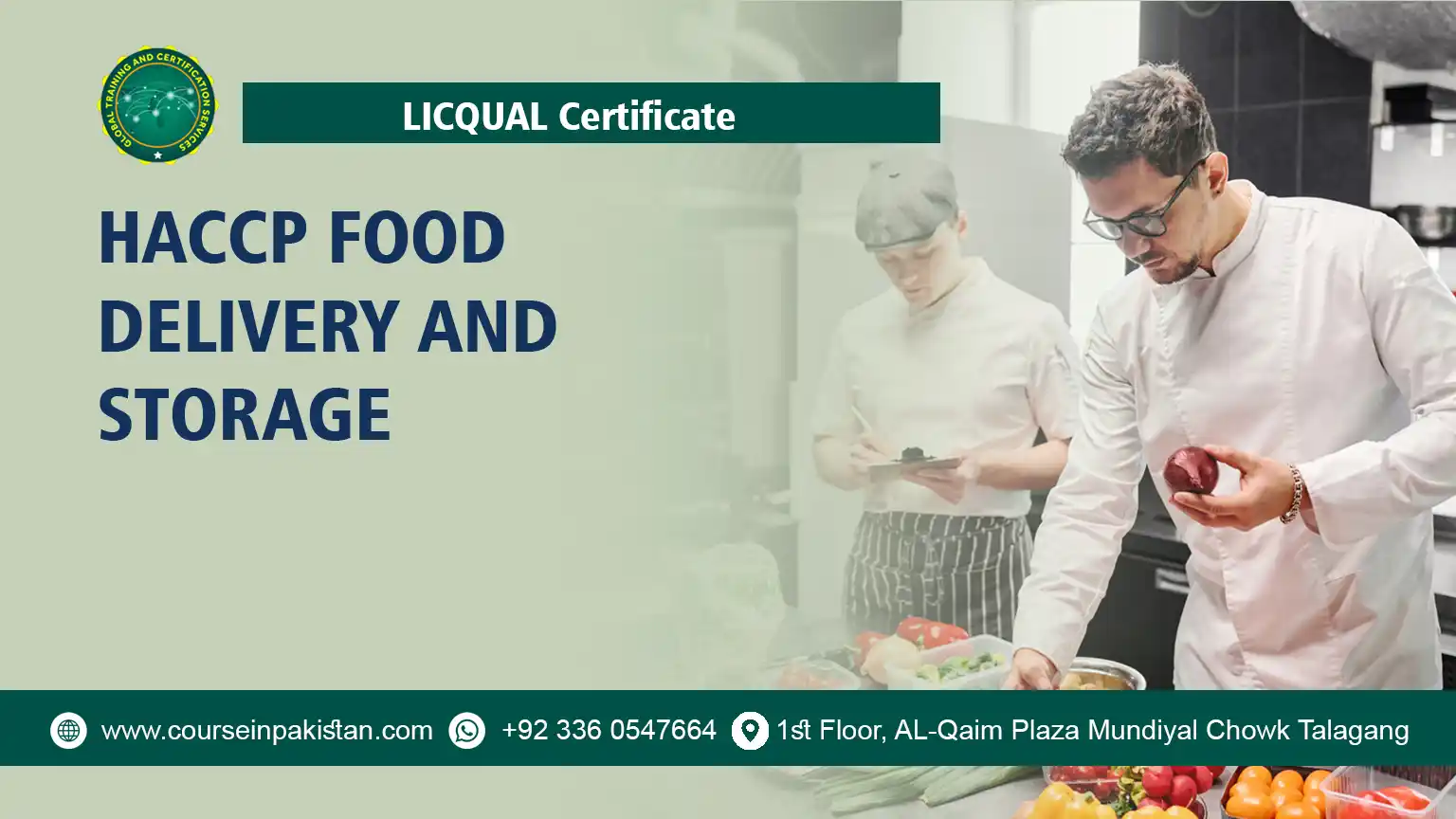
Certificate in HACCP Food Delivery and Storage
In the dynamic food industry, maintaining the safety and quality of food products throughout the supply chain is essential. The Certificate in HACCP Food Delivery and Storage focuses on equipping professionals with the knowledge and skills to ensure safe and hygienic practices during the transportation, delivery, and storage of food items. This specialized training program emphasizes Hazard Analysis and Critical Control Points (HACCP) principles tailored to the unique challenges of food logistics.
Course Introduction
The Certificate in HACCP Food Delivery and Storage is designed to address the critical aspects of food safety during transportation and storage. It emphasizes the importance of implementing systematic controls to identify and mitigate hazards, ensuring that food remains safe and suitable for consumption from warehouse to delivery to the end consumer.
Course Overview
This comprehensive course covers a range of essential topics related to HACCP principles as applied to food delivery and storage. Participants will learn how to conduct hazard analysis specific to transportation and storage, establish critical control points (CCPs), implement preventive measures, monitor processes, and maintain documentation. The course provides practical insights and strategies to maintain food quality and safety throughout the supply chain.
Course Benefits
- Enhanced Food Safety: Gain expertise in identifying and managing food safety hazards during transportation and storage.
- Compliance Assurance: Understand and comply with regulatory standards and guidelines specific to food logistics.
- Risk Management: Implement effective controls to prevent contamination, spoilage, and foodborne illnesses.
- Professional Development: Enhance career opportunities and credibility in food safety management roles within the supply chain.
Course Study Units
- Introduction to HACCP and Food Safety Principles
- Hazards Identification and Risk Assessment in Food Delivery and Storage
- Temperature Control and Food Preservation during Transportation
- Packaging, Labeling, and Traceability in Food Delivery
- Best Practices in Food Storage and Inventory Management
- Implementing HACCP Plans for Safe Food Delivery and Storage
- Monitoring, Auditing, and Continuous Improvement in Food Safety
Learning Outcomes
Introduction to HACCP and Food Safety Principles:
- Understand the principles of Hazard Analysis and Critical Control Points (HACCP) and their application to food safety.
- Recognize the importance of systematic approaches to identify, evaluate, and control food safety hazards.
- Identify key stakeholders and their roles in ensuring food safety during delivery and storage.
Hazards Identification and Risk Assessment in Food Delivery and Storage:
- Identify potential hazards associated with food delivery and storage, including biological, chemical, and physical hazards.
- Conduct comprehensive risk assessments to evaluate the likelihood and severity of identified hazards.
- Prioritize hazards and develop strategies to control and mitigate risks throughout the supply chain.
Temperature Control and Food Preservation during Transportation:
- Understand the critical role of temperature control in preventing foodborne illnesses and maintaining food quality.
- Implement procedures to monitor and maintain appropriate temperature conditions during food transportation.
- Apply food preservation techniques to extend shelf life and ensure product integrity during transit.
Packaging, Labeling, and Traceability in Food Delivery:
- Identify packaging requirements and considerations for different types of food products during transportation.
- Implement labeling practices to provide accurate information to consumers and regulatory authorities.
- Establish traceability systems to track food products throughout the supply chain and facilitate rapid response to food safety incidents.
Best Practices in Food Storage and Inventory Management:
- Implement best practices for food storage, including proper handling, stacking, and storage conditions.
- Develop inventory management protocols to ensure FIFO (First In, First Out) and minimize food spoilage.
- Monitor stock levels and implement procedures for stock rotation and replenishment to maintain product freshness.
Implementing HACCP Plans for Safe Food Delivery and Storage:
- Develop and implement HACCP plans tailored to food delivery and storage operations.
- Identify critical control points (CCPs) and establish control measures to prevent hazards during transportation and storage.
- Train personnel on HACCP principles and ensure effective implementation of food safety protocols.
Monitoring, Auditing, and Continuous Improvement in Food Safety:
- Establish monitoring procedures to verify compliance with HACCP plans and food safety standards.
- Conduct internal audits and inspections to evaluate the effectiveness of food safety practices.
- Implement corrective actions and continuous improvement initiatives to enhance food safety performance.
These learning outcomes equip participants with the knowledge and skills necessary to ensure safe and compliant practices in food delivery and storage. By focusing on hazard identification, risk assessment, temperature control, packaging, labeling, inventory management, HACCP implementation, and continuous improvement, this certification ensures that food remains safe, wholesome, and of high quality throughout the supply chain.
Who is This Course For?
The Certificate in HACCP Food Delivery and Storage is suitable for:
- Logistics and supply chain managers responsible for food transportation and storage.
- Food safety supervisors and quality assurance personnel within food distribution companies.
- Professionals involved in ensuring food safety compliance throughout the supply chain.
Future Progression for This Course
Completion of the certificate opens pathways for further specialization and career advancement:
- Advanced HACCP Training: Courses focusing on specific aspects of food safety management and logistics.
- Supply Chain Management Certification: Broadening knowledge in logistics, inventory control, and distribution strategies.
- Management Roles: Opportunities for leadership positions in food safety management, regulatory compliance, and quality assurance within the food supply chain.
Certificate in HACCP Food Delivery and Storage is essential for professionals dedicated to maintaining food quality and safety throughout the supply chain. It equips participants with the knowledge and tools to implement effective food safety practices during transportation and storage, ensuring compliance with regulations and safeguarding consumer health. Whether aiming to advance in current roles or explore new opportunities in food logistics, this certification sets a solid foundation for excellence and leadership in food safety management within the supply chain.


